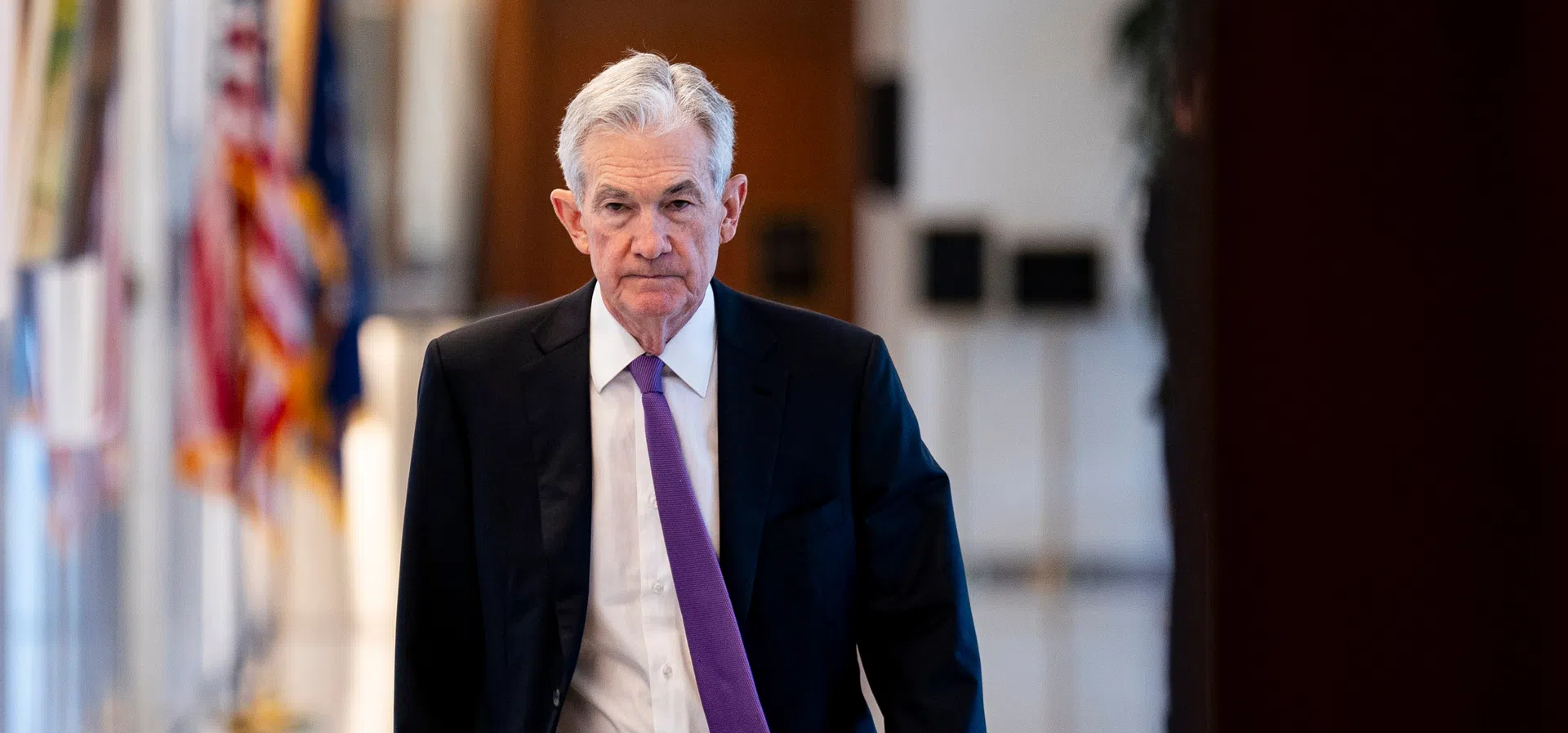Prime Minister: "Bulgaria Should Become Regional Centre for Transit and Distribution of Resources"

"Bulgaria should seek to capitalize on its geographical location and become a regional centre for transit and distribution of resources which come from various sources and are directed to EU member states," Prime Minister Sergei Stanishev said in Parliament on Friday.
"The transit of various routes via Bulgaria strengthens our sovereignty and our national security because both the producing countries and the consumer countries have an interest in Bulgaria's stability and successful development. It is wrong to assume that the building of the pipelines Nabucco, South Stream or any other via Bulgaria makes the country more dependent. Far from that, we are becoming a real factor on Europe's energy map," Stanishev said.
The Prime Minister said Bulgarian-Russian relations should not be viewed from an ideological perspective, based on the opposition between russophiles and russophobes. "We need to be bulgarophiles, to defend our interests before all our partners and get rid of our inferiority complex and the assumption that nothing depends on Bulgaria. We have nothing to worry about of what was accomplished during President Putin's visit," he said.
"As a member state of the EU and NATO, Bulgaria has clear foreign policy priorities. We have an important role to play as a stabilizing factor in the Balkans. This, however, does not mean that we should not develop our relations with other partners, such as Russia, India or China," the Prime Minister said.
According to him, all agreements signed during President Putin's recent visit to Bulgaria are in accordance with European priorities and European legislation. This has been written down
in the agreement on the South Stream gas pipeline, which provides for a possibility to respond to any changes in European energy norms.
Bulgaria and Russia did not sign a protocol on the supply of nuclear fuel because the Russian side did not agree on a provision which Bulgaria wanted to include, pertaining to this country's commitments to the EU, Stanishev said.
The Bourgas-Alexandroupolis oil pipeline will be built according to the highest European environmental standards, he said.
"It is hard to understand the lamentations of former ministers who were directly concerned with the closure of Units 3 and 4 of the Kozloduy Nuclear Power Plant. Due to their decisions, we are now wondering how to ensure the energy balance and how to secure electricity exports," Stanishev said.
He noted that the future Belene nuclear power plant will ensure considerable independence from Russian energy supplies and will produce clean energy.
The three energy agreements signed during President Putin's visit constitute an important step forward in achieving energy security and in placing Bulgaria on Europe's energy map, the Prime Minister said. These three agreements will generate 5,500 million euro in direct investments in the Bulgarian economy.
The agreements are to be ratified by Parliament. The legislators can either approve or reject them, Stanishev noted.
The sides agreed on setting up an expert group to verify the list of Bulgarian archives in Moscow, the access to these archives and their possible return to Bulgaria.
The issue about Russia's debt to Bulgaria was also raised, and President Putin promised to work for a prompt settlement, Stanishev said. According to him, the debt amounts to 38 million US dollars.
During President Putin's visit to Bulgaria, Bulgarian companies were invited to share in the construction of facilities in Sochi, Russia, where Winter Olympics are to be held, Stanishev said.
)

&format=webp)

&format=webp)
